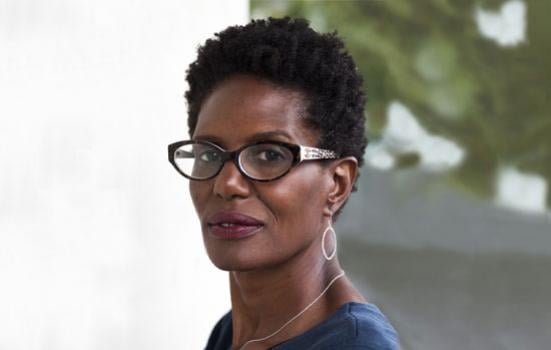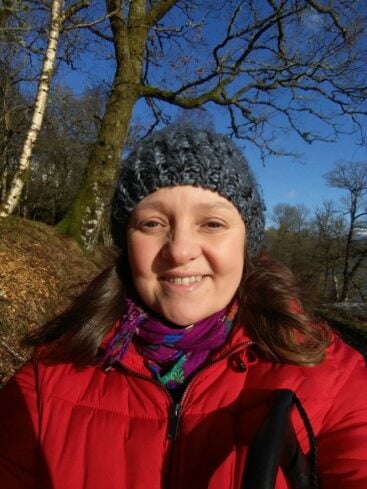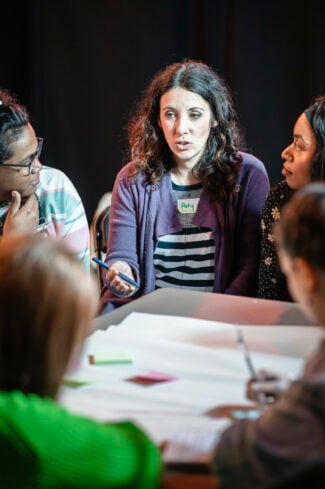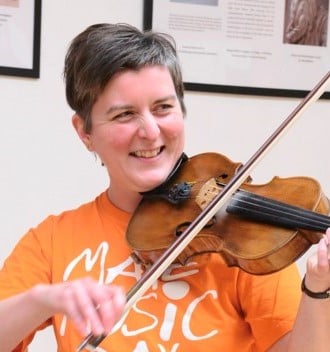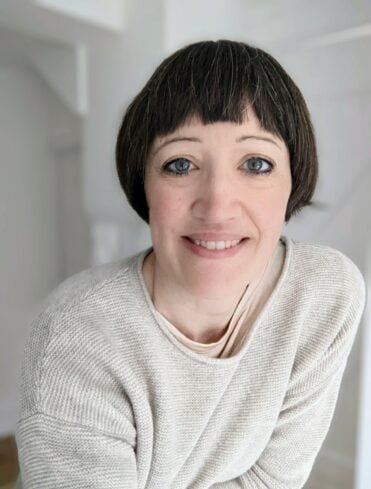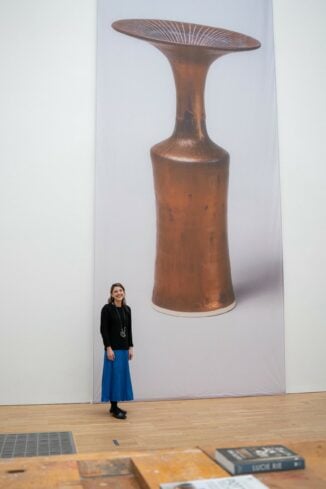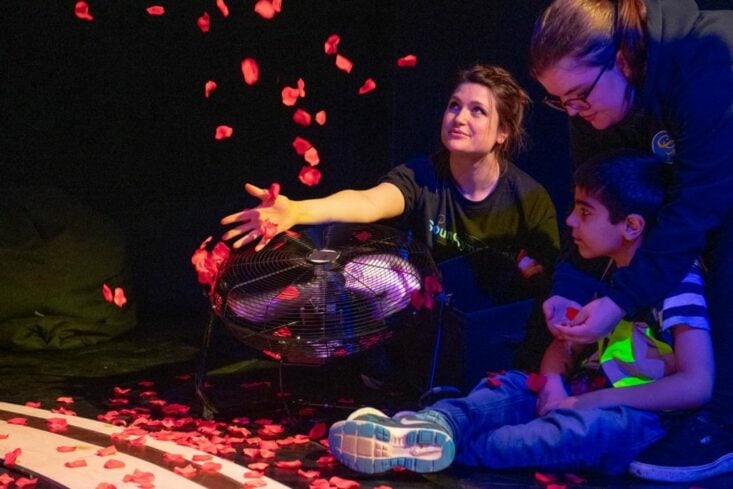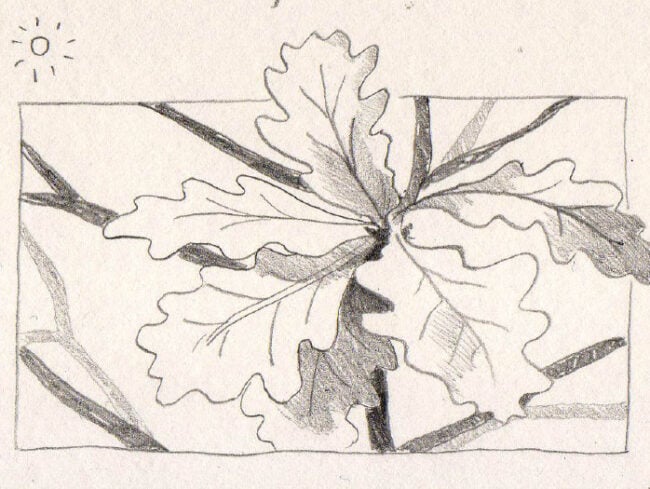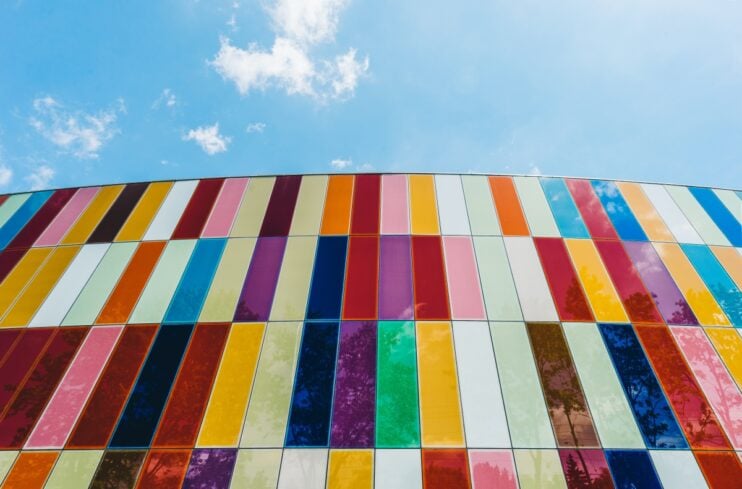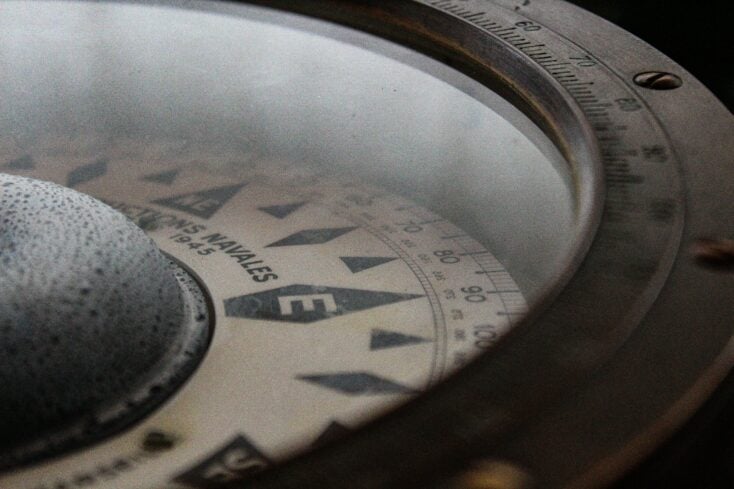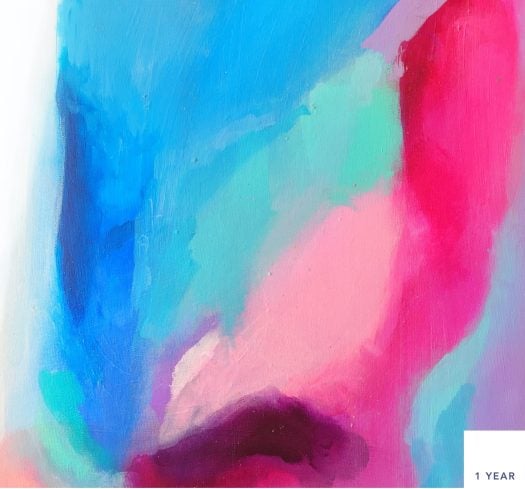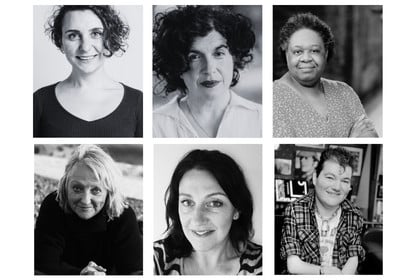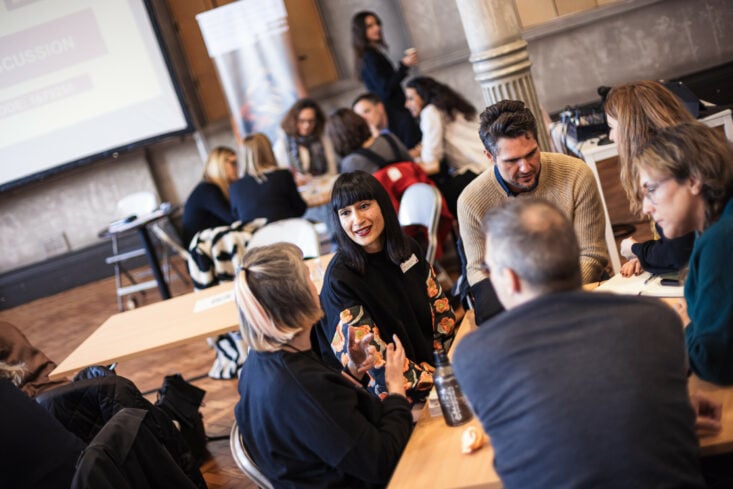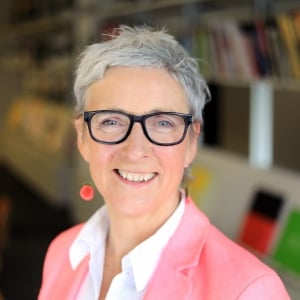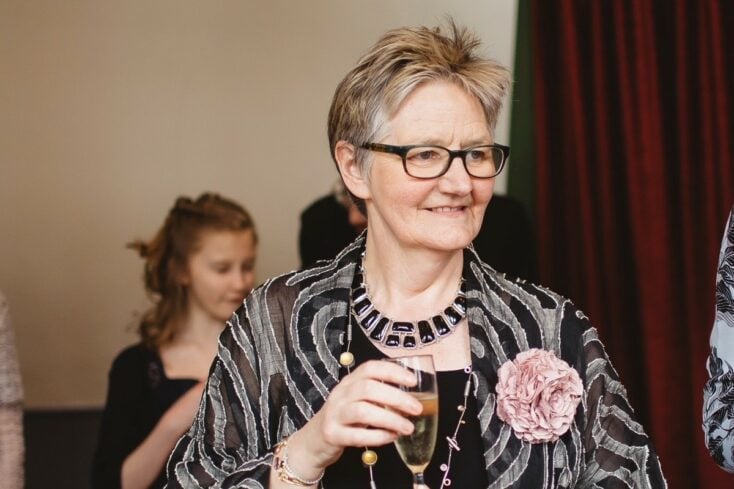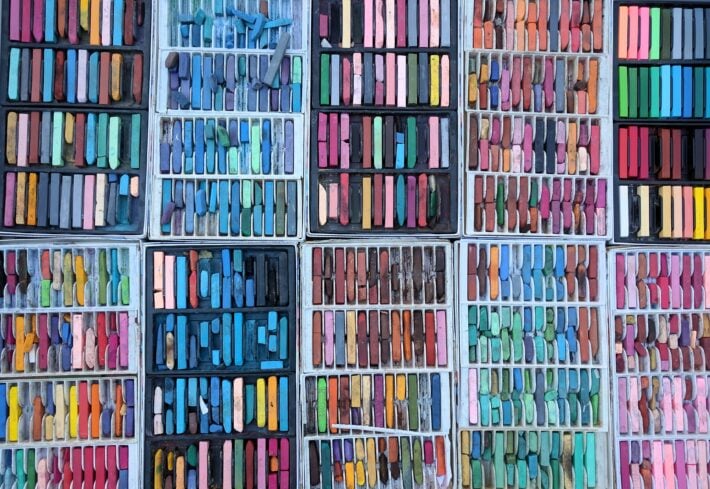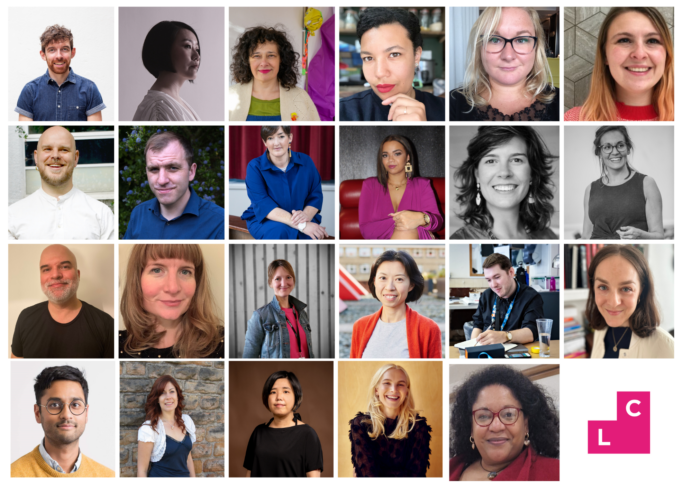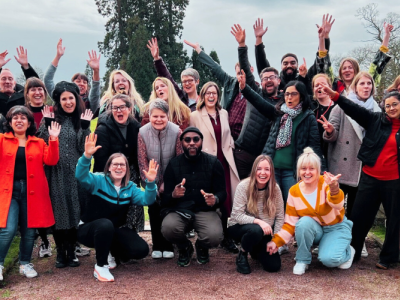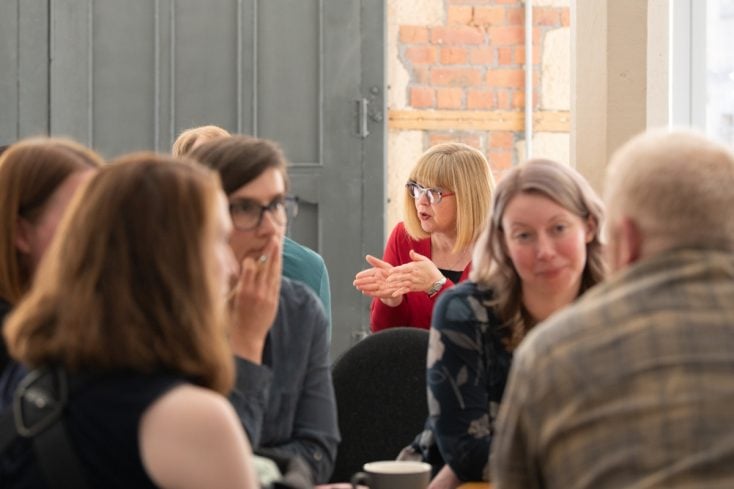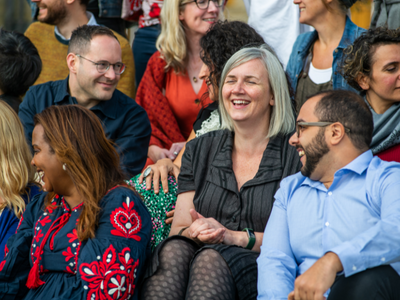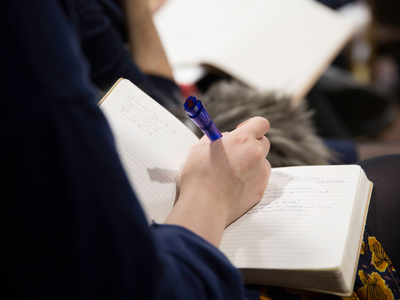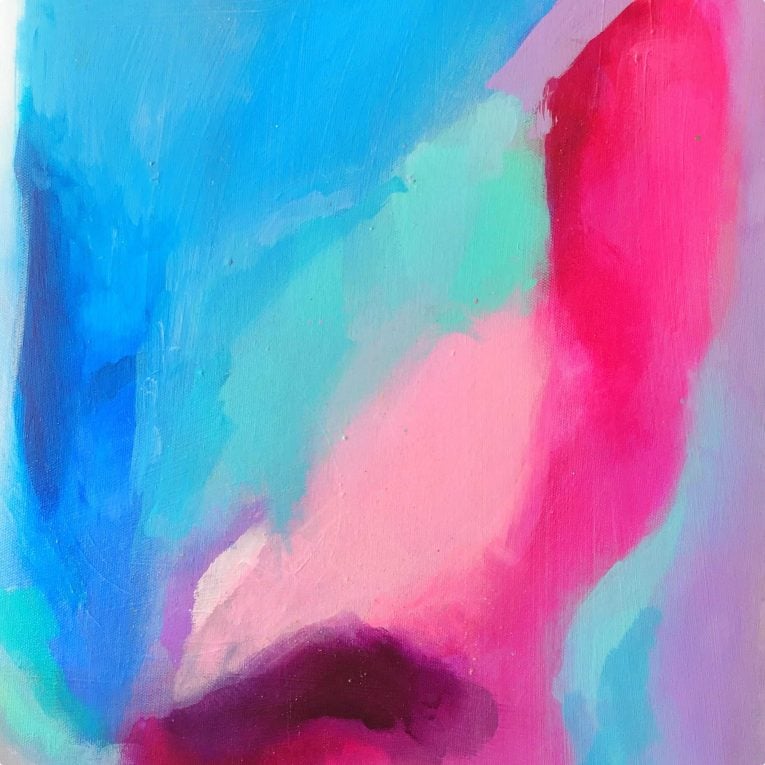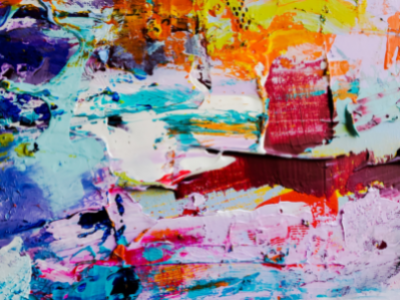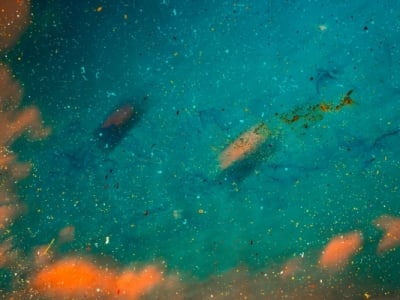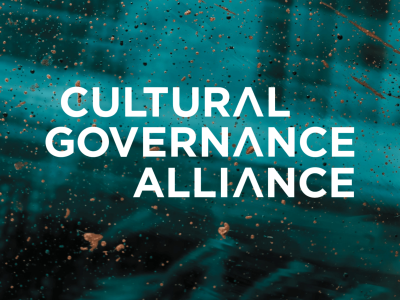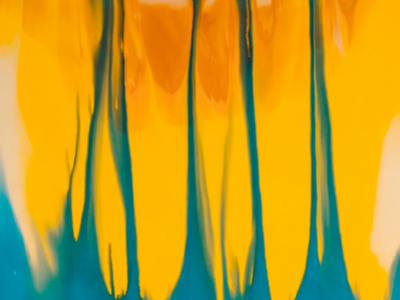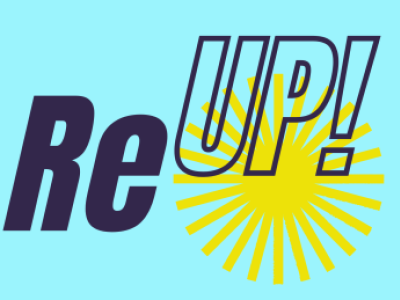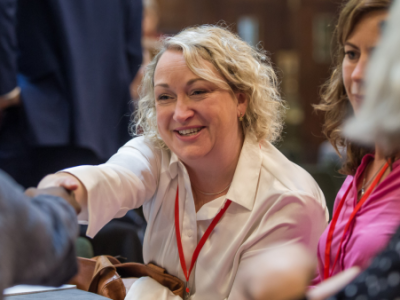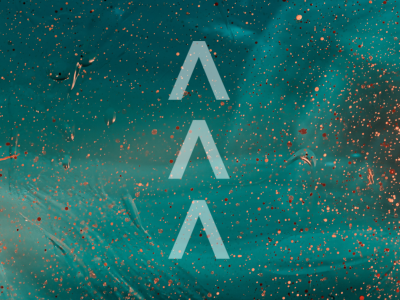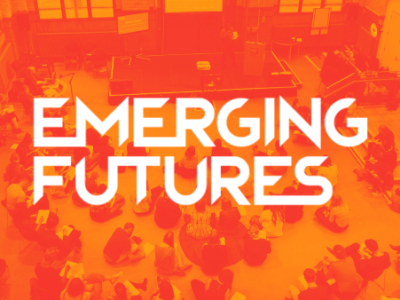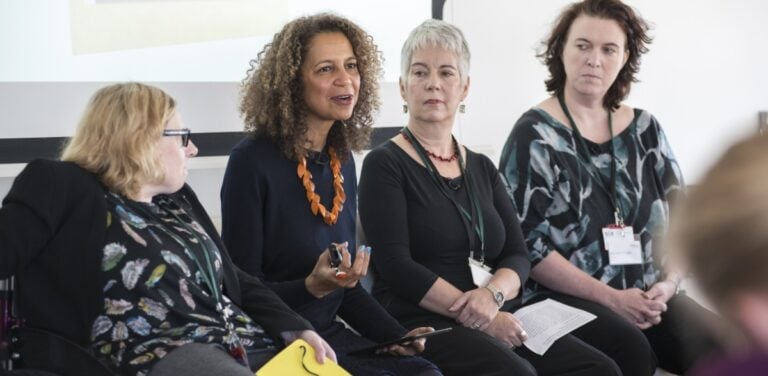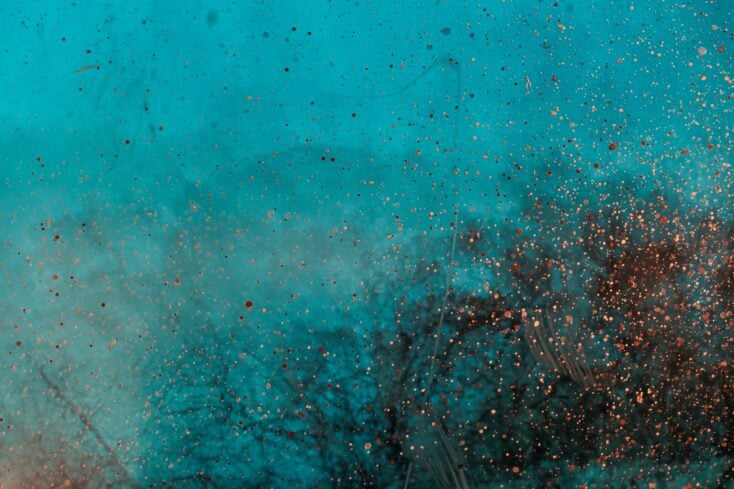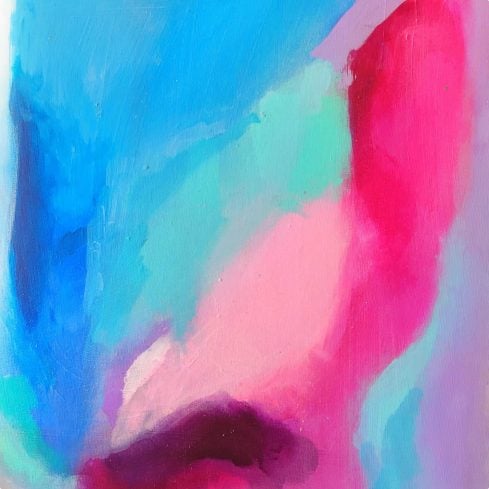An Experience Like No Other
Amanda Parker writes in 2020 about the establishment and beginning of her then new project Inc Arts, an innovative inclusion advocacy organisation.
Be careful what you wish for.
In December 2019 I was deeply preoccupied. I wanted to take a pickaxe to the mountain of inequity and entrenched behaviours that disadvantage ethnically diverse people everywhere. I also wanted to help create an arts sector that felt like somewhere I could belong, rather than somewhere I visited as a campaigns, public affairs and communications professional, as a board member, and as a repository for most of my earnings…
I felt I was making little headway in convincing others that the route to change needed to be both swift and inclusive. And I couldn’t quite articulate how the two ideas – creating an inclusive arts sector, and redressing inequality – could be explored in tandem.
During a group coaching session in a Clore Leadership workshop I received the boost that I’d needed: understanding of what had until then lived only in my head, and external confirmation that it ought to – could – come out and become a living thing.
An Arts Council grant in January 2020 green lit my thinking, helping to convert it into action. In February Inc Arts came into being, and held its first workshop that asked, ‘what do we need to make the arts sector more inclusive?’.
I was by no means the first to pose the question and seek solutions. I stand in awe and respect for all that’s gone before, and all that continues today.
What felt like a different approach to me was using cold hard data to tell our truths. My ambition was to create something that stopped those responses I and others were so used to receiving, things like, ‘oh no, I’m sure that’s not what was meant’, or ‘I think you’re bringing what’s happened in the past to what’s happening here – and the two are different’… so many microagressions, so many rejections of lived experience. But if all of us had experienced the same things, in the same way, and had the same responses, surely not all of us could be imagining it…?
Building strong data evidence was the key to making others accountable for their actions and the outcomes of those actions. Building a confidential network of lived experience perspective – irrespective of roles, artform or geography – was vital.
I was still processing the responses to what was an incredibly uplifting, energising workshop when lockdown kicked in.
And then suddenly the vital need in the sector for what I’d envisaged was drawn in deep, painful letters across every venue, and in the hearts of every individual working in the sector.
Individuals realised – and acknowledged – their part in the systemic disadvantage faced by their ethnically diverse peers.
Others were triggered by the events surrounding George Floyd’s murder – and the trauma of lived experience continues to affect all those of lived experience of both micro and macro racist aggression.
Networks that had once sat in separate job roles, in separate arts practices, started working collaboratively as we sought clarity, intelligence and ideas for change.
Inc Arts is vital right now because the sector is seeking solutions to build futures that are genuinely inclusive. We none of us want to have this conversation again. This means that a strategy for workplaces, for individuals and for the sector as a whole needs to be built from diverse experiences – from our ‘inside’ to the ‘outside’ of the mainstream experience.
What this has meant for Inc Arts? It’s meant a fast revision of business priorities. We are grateful to all our members who immediately understood and consented to our business model continuing to champion inclusion, but specifically through the prism of ethnicity. People who have experienced ‘otherness’ are quick to understand the need for agile change, and renewed focus.
It’s also meant the advocacy and research that underpins the practice, has been thrust into the spotlight of our activity. We joined our voice to others in a collective bid to provide data and insights to persuade government and funders of the need to prioritise and recognise the impact of coronavirus on ethnically diverse people and practices. This advocacy continues, and I am grateful to champions like Tracy Brabin MP who have sought to highlight and disseminate our work, and the cultural leaders and public figures who have endorsed and supported our #CultureNeedsDiversity campaign.
The events of recent months have also created very long hours, and considerable emotional strain. All of which I would do again, and undertake again in a heartbeat, because change is necessary and overdue.
I’m deeply indebted for all others who have supported Inc Arts work, and supported me as an individual. This happened in so many ways: from the seed funding from diverse arts leaders, to the pro-bono work of skilled professionals. I still blub at the recording of a meeting that I couldn’t attend, where other diverse leaders that I respect and greatly admire, talked about me in my absence and gave me the ballast to go on in the darkest of times.
Inc Arts has raised £40,000, supported by Arts Council England, to build healing circles for black people who have been affected by the events surrounding and impact of George Floyd’s murder. We know it’s a drop in the ocean of our needs, and we aim to prioritise support to those who are freelance. We’d welcome any contributions – large or small.
We are also lobbying organisations to provide mental health support for their black staff, in recognition that where they are now is the result of a lifetime of battles, that take their toll.
This has been an experience like no other. It has made me both more bold in my intent, but also more considered in what I do as a leader, because I want the sector to get it right, so we never again have to search our souls in quite the same way, because we will be doing what is instinctively right.
I urge everyone to stand with Inc Arts in collective action for equitable change.
